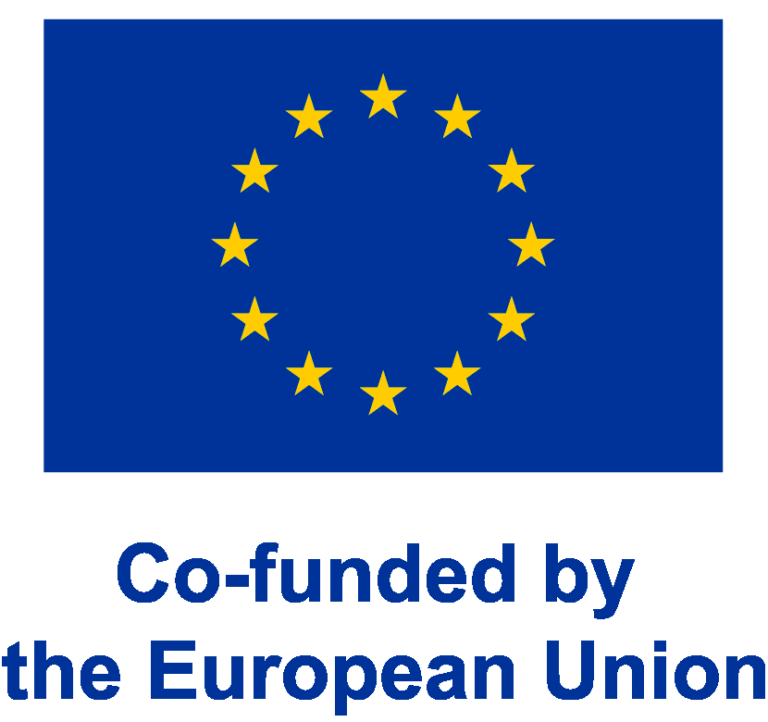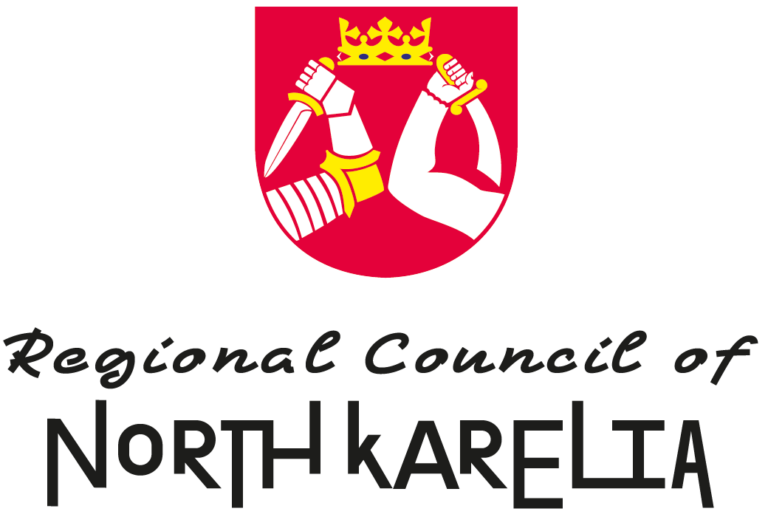
BlackGreen - Sustainable Applications of Biochar in North Karelia
Funders


The project is funded by European Regional Development Fund (ERDF). The project is implemented by University of Eastern Finland, Natural Resources Institute Finland, Luke (coordinator), University of Oulu and Karelia University of Applied Sciences.
The project ”BlackGreen – Sustainable Applications of Biochar in North Karelia” continues the ”BlackGreen – North Karelia Biochar Program” project, which aimed to create a network to promote the use of biochar and initiate research. Building on the North Karelia biochar program, the significance of biochar raw materials in relation to usage and the potential for higher value-added biochar products were identified. In light of these findings, the new project focuses on the production and utilization of higher value-added biochar, promoting business opportunities in the biochar sector. The project is coordinated by the Natural Resources Institute Finland (Luke), with the participation of the University of Eastern Finland, Karelia University of Applied Sciences, and the University of Oulu, each contributing expertise in biochar end-use solutions. In the preceding project, a comprehensive analysis of the biochar competitive landscape and market, along with a country-level analysis of coal energy use within the European Union, was conducted. The project identified biochar products and their application areas, defined biochar product requirements, and carried out a logistics analysis to support biochar production and market growth. Additionally, circular economy solutions and business related to biochar were examined. The synthesis of these aspects provided a holistic understanding of the current state, potential, and opportunities of biochar, forming the foundation for the new research and analysis project.
The current project translates sustainability, technological expertise, and product solutions into tangible production. Sustainable production perspectives are examined through life cycle analyses, covering wood resource production and acquisition, as well as technological life cycle analyses. The research also includes a cascade utilization examination, leveraging production by-products such as pyrolysis liquids. In agricultural solutions, the project explores biochar’s potential in biostimulant production and sludge stabilization. Additionally, it investigates biochar applications in metallurgy, substrates, filters, electrode and graphitization solutions, as well as biochar production technology and industrial symbioses.
The project encompasses pilot experiments, demonstrations of biochar use, and modeling of the entire production life cycle. The goal is to present sustainable applications and innovative solutions for utilizing biochar in various applications and production stages. Leveraging the diverse potential of biochar, the project aims to improve cultivation techniques, sequester carbon in the soil, and advance food production and climate change mitigation. Furthermore, biochar can serve as a raw material for high-tech solutions such as electrochemical innovations and energy storage applications like batteries. The research and analysis conducted in the project are integrated into the operations of businesses, utilizing their technological expertise. The aim is to provide biochar producers with information on usage possibilities and offer end-users insights into the diverse applications of biochar products. Additionally, the project provides businesses with a perspective on the sustainable consumption of raw materials through life cycle analysis. The biochar industry promotes the region’s economy and climate change mitigation, and the collaboration between the business and academic worlds in the project supports the growth of the biochar sector. Overall, biochar plays a central role in North Karelia’s bioeconomy strategy, promoting sustainable development and offering new opportunities in bioeconomy and climate change mitigation.
The project’s objectives are aligned with the implementation plan of the North Karelia Regional Council, emphasizing perspectives such as Renewing Industry and Emerging Technologies, as well as Clean Solutions and Green Transition. Additionally, the objectives aim to support the development of Forest Bioeconomy, including the abandonment of peat and ensuring a green transition through intelligent specialization. The objectives also take into account the development targets for the Technology Industry and Agriculture, providing a diverse perspective on sustainable development and innovation in the North Karelia region.
Contact person
-

Suvi Kuittinen
University LecturerSchool of Forest Sciences, Faculty of Science, Forestry and Technology -

Ari Pappinen
Professor, EmeritusSchool of Forest Sciences, Faculty of Science, Forestry and Technology -

Olga Shromova
Project ResearcherSchool of Forest Sciences, Faculty of Science, Forestry and Technology
